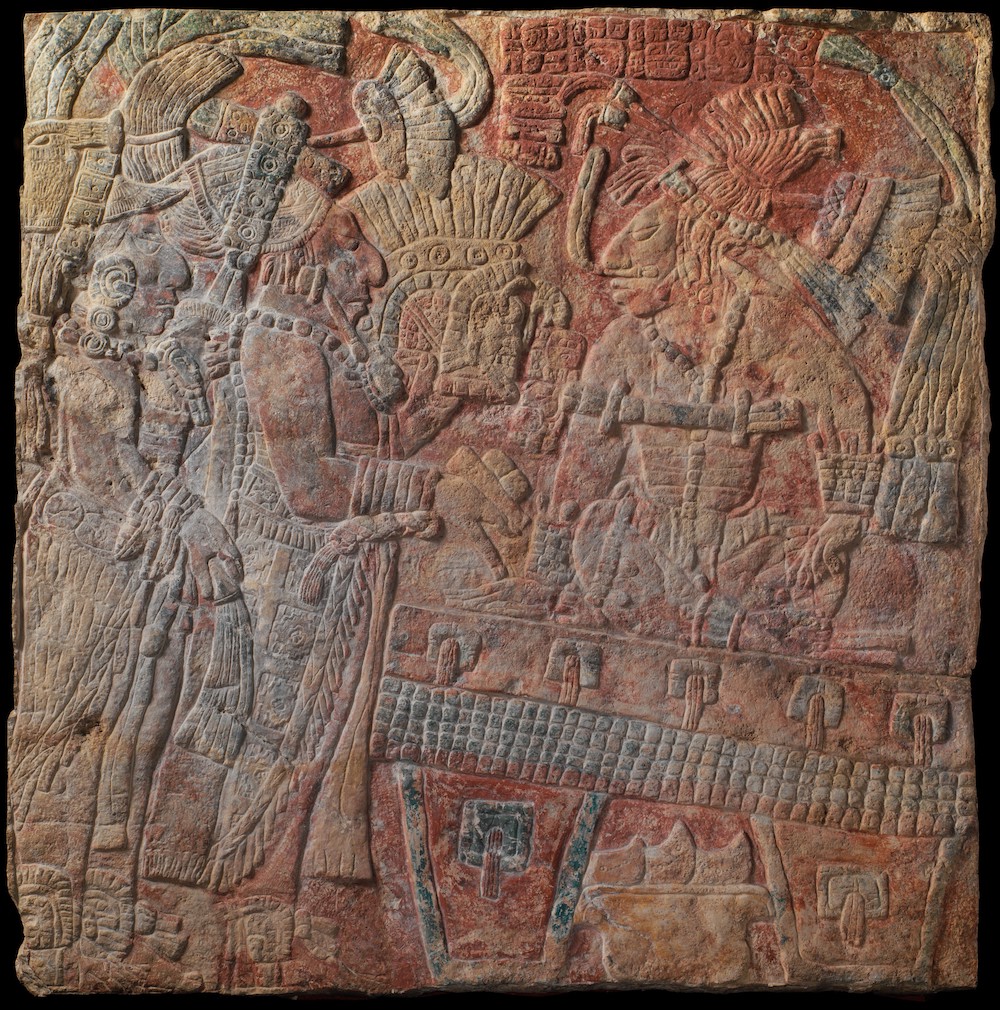Listening to
ParentLand: Speaking in many tongues? Chats about raising multilingual children, with some interesting stuff about the benefits of introducing a new language early on. Specifically, that even though they might not learn the language at that early age (because for whatever reason they stop having lessons / being exposed to it), there are studies that show they’re more likely (or at least, more open) to learn a language in later life. There’s also plenty of discussion about how to support children in their language learning, which also applies to adults too.
I’m consistently annoyed at myself for not knowing any other language – I feel really lazy and ignorant when in other countries – but it’s too late for me. I’m beyond redemption. My children however… packing them off to as many after-school clubs as possible. French, Spanish, Mandarin, isiZulu, whatever. Hopefully some of it sticks.

Fall of Civilisations 3: The Mayan Collapse. I love this podcast – and particularly this episode. So much to digest though, that I’m definitely going to need to re-listen. One thing I’d not really considered before when thinking about the Maya is the complexity of Mayan cities and their relationships with each other. Tikal, Calakmul, Uaxactún, etc etc, there were dozens of places each home to tens of thousands of people, and their interactions with each other helped to create this vast awesome empire but also eventually contributed to its downfall.
It’s an utterly fascinating episode; my favourite of the series so far. As with the other episodes, it’s hard not to draw the parallels with where we are as a civilisation today. Fuckin’, climate change man. Y’know? It’s going to end us all.
99% Invisible 346: Palaces for the People. Libraries. Without them, what do we have(?) No past and no future. (word to Ray Bradbury). Big fan of libraries in general, and this episode covers a lot of the why. The stuff they offer, way beyond the scope of books on shelves… Their essential role as social infrastructure. Stuff that can’t be replaced by simply digitising all of those words and creating 'social’ websites.
It’s an episode off the back of a book of the same name by Eric Klinenberg, and next time I’m in a library, I’ll be looking for it.
On one hand, Klinenberg wants to see the philanthropists of our time spend more money on things like libraries, but he also knows that philanthropic dollars are ultimately inadequate and randomly distributed to the places where the philanthropists spend their own time. If we’re ever really going to make this work, it’s going to have to be through a public commitment such as a major public works program.
Reading
The web we broke by Ethan Marcotte. On the plus side, this is a really well written call to action to do better when it comes to accessibility, and that’s something I can wholeheartedly get on board with.
Basically, aim to do one thing this week to broaden your understanding of how people use the web, and adapt your design or development practice to incorporate what you’ve learned.
But on the downside, this is very similar to an article I’ve written (even referencing the same WebAIM study) that I haven’t put out yet. I’ve been holding off posting it here because I’m hoping it gets published somewhere else first, and that’s a little frustrating, but hey, at least I’m not alone in thinking what I think. Good to have people like Ethan making the case for accessibility and getting the message out to the masses. And of course, it is well written. He’s good with the words. Come back soon to check for my piece repeating most of what he’s said, in a slightly different way!

